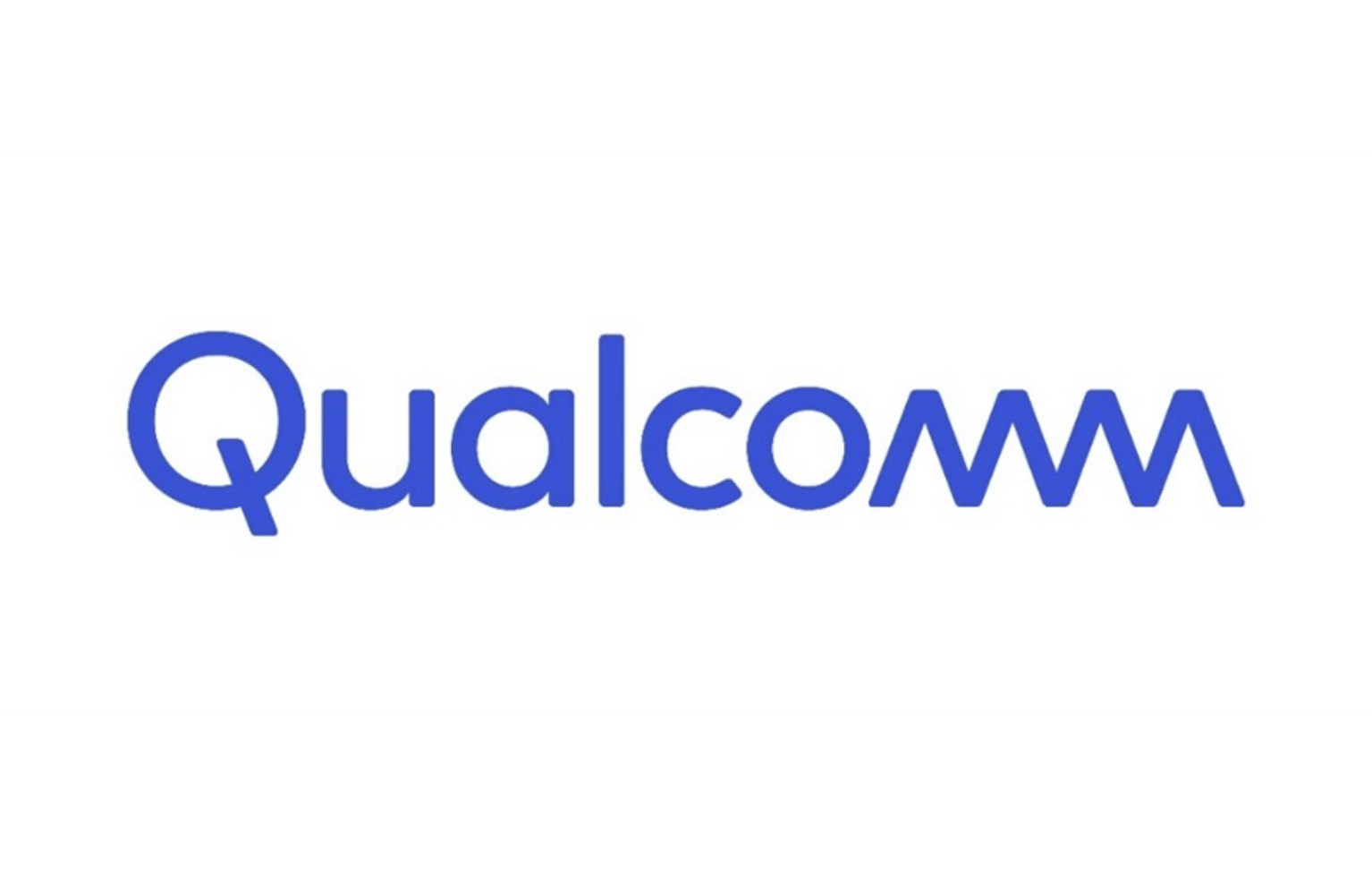Misinformation is tough to decipher in this day and age of social media. Over in China, the internet regulator has announced that it is further enforcing laws prohibiting social-media influencers from sharing advice on finance, medicine, law and education on social media unless they have the professional credentials to back up their content.
China’s social media platforms, such as Bilibili, Doyin (China’s TikTok) and Weibo, must follow the new regulations set down by the Cyberspace Administration of China on Saturday.
Creators will have to share studies to support their information and reveal whether they used AI to generate any of their content.
Don’t miss any of our unbiased tech content and lab-based reviews. Add as a preferred Google source.
CAC is also banning advertising for supplements and medical services, and similar posts that pose as educational content to sell a product. Prior to this regulation, China declared a two-month campaign to eliminate pessimistic, hostile or violent content.
China has been criticized for its attempt to control online content and public opinion. But it wouldn’t be the first country to enforce laws surrounding social media policies.
Spain implemented its own influencer law in 2024, which required influencers on YouTube, Instagram and TikTok earning over 300,000 euro to be transparent about partnerships with brands and sponsorships. Influencers must also adhere to copyright laws and restrictions on targeting of minors with content related to tobacco, alcohol and medications.
A study conducted by the United Nations Educational, Scientific and Cultural Organization found that only 36.9% of influencers verify that the content that they share is true before posting.
That’s especially troubling since a 2025 Pew Research Center report found that one in five young American adults receives their news through TikTok.
A representative for UNESCO didn’t immediately respond to a request for comment.








